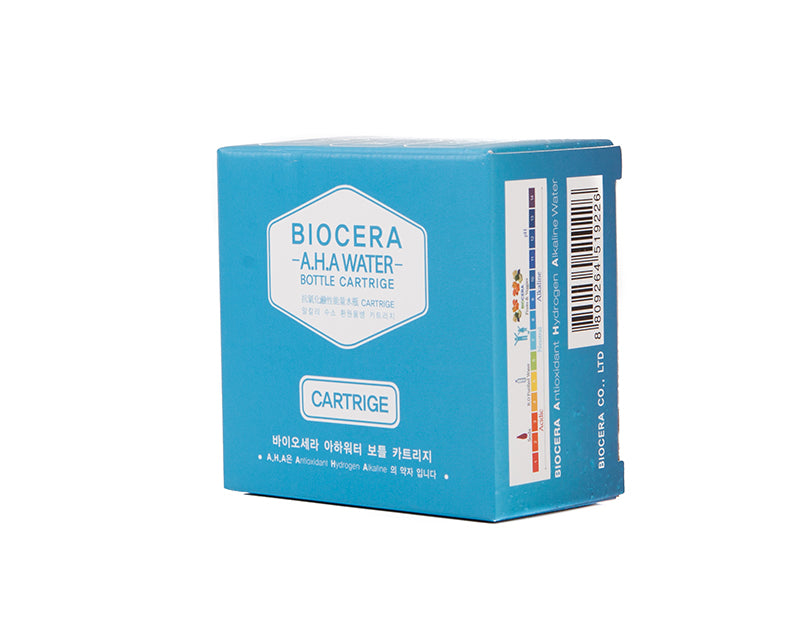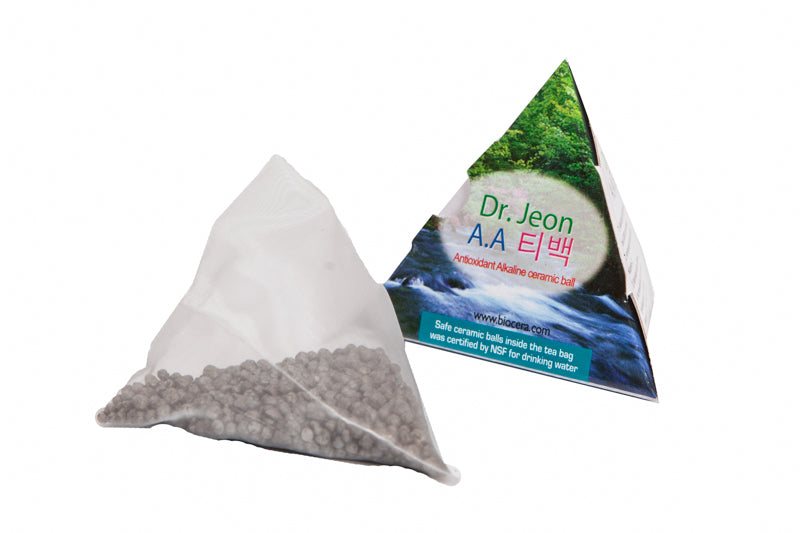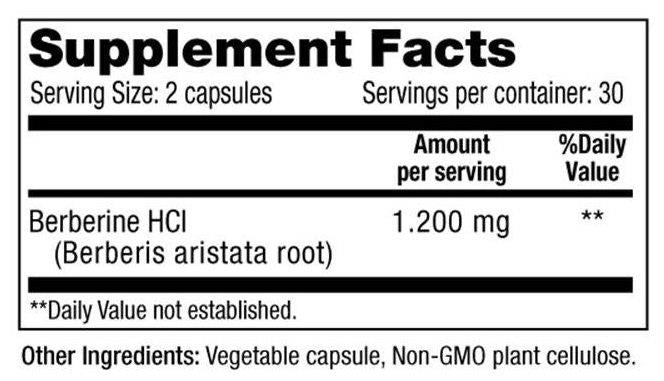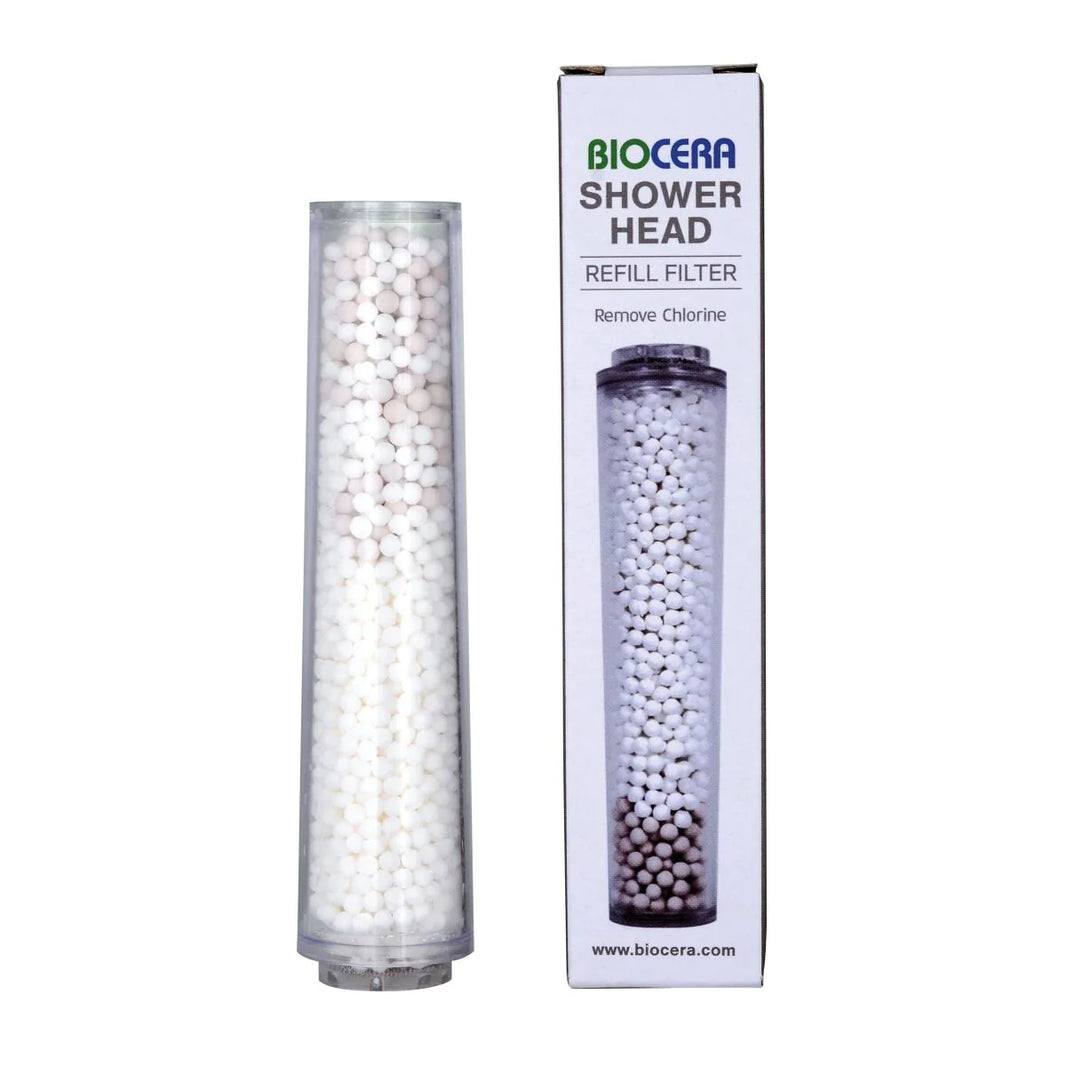The ketogenic diet, or “keto” for short, is almost as popular as the vegan diet.
Despite popular belief, these diets do have a few things in common. You’ll be cutting out a lot of food groups on either path. Therefore, many people choose to take supplements on their keto journey.
Ketogenic diets are named after ketones or ketosis.
Ketosis is when your body uses fat as its primary fuel source rather than glucose. This is appealing for people trying to lose weight.
You can quickly put your body in ketosis by taking exogenous ketones. These are supplements supplied through an external source. Endogenous ketones are ketones naturally made by your body during ketogenesis.
An easy way to remember this is EXogenous, which are EXternally produced and consumed via the diet.
Many athletes choose to go keto to boost athletic performance, while others prefer the keto lifestyle to lose weight.
What keto-friendly supplements to take – and when to take them – are big questions, and ones we intend to answer in this article.
5 Effective Keto Diet Supplements
-
Because the keto diet requires strict adherence to a low-carb, high-fat diet, the regime can be challenging for some.
Ensuring that you have all of the necessary nutrients to thrive is key to getting this diet to work for you.
Some people experience low libido and even keto flu at the beginning of their keto journey. To reduce or mitigate these symptoms, you might consider fuelling up with supplements that complement your keto diet.
Here are four key nutritional ketosis supplements that you should know about.
1. Exogenous Ketones (Instant Ketone Powder)
Exogenous ketones are externally sourced salts that can quickly put your body into ketosis.
In some cases taking exogenous ketones can reduce appetite by lowering the hunger hormone known as “ghrelin.” This can be a bonus to those looking to lose weight.
Ketosis has also been found to increase performance in endurance athletes. However, one of the side effects of a keto diet is depleted electrolyte stores.
The best electrolyte supplement for keto can be paired with exogenous ketones with added electrolyte mineral salts to remineralise the body. This makes life that little bit easier.
When to take exogenous ketones: you should take exogenous ketones to avoid the keto flu for endurance or boost athletic performance. The best time of day to take exogenous ketones is when you’re hungry first thing in the morning.
2. Magnesium
Magnesium is the fourth most abundant mineral in the body, and it’s not typically consumed in high enough amounts via the diet.
In addition, magnesium-rich foods are often avoided on keto because they are generally high in carbs. Therefore, many experts believe that supplementation with magnesium is a good idea when following the keto diet.
Supplementation with magnesium can also provide other beneficial effects such as stress relief and enhanced quality of sleep.
Some low-carb foods with magnesium include pumpkin seeds, avocado, Swiss chard and spinach. Unfortunately, magnesium is often overlooked, despite being required for more than 300 enzyme reactions in the body.
When to take magnesium supplements: Magnesium is needed for all systems in the body and should be taken daily. The time doesn’t really matter, but you should take at a time that you can stick with every day.
3. MCT Oil/Powder
MCT stands for medium-chain triglycerides, a type of oil or fatty acid that your body can quickly absorb. MCT is found naturally in coconut oil and increases your fat intake, and enhances the ketogenic state.
Taking MCT oil is easy, especially when consumed in a concentrated powder. You can quickly add it to smoothies or soups to help keep your body in ketosis.
However, too much MCT oil can lubricate your body and make you feel nauseous or give you diarrhoea.
Get started with a small dose and incrementally increase the amount until you reach the desired quantity.
When to take MCT oil: MCT oil is great to help you through a fast; it’s ideal to take last thing at night because many people report that they can think better in the morning after taking it.
4. Omega-3 Fatty Acids
Omega-3 fatty acids offer a myriad of health benefits, from reducing inflammation to boosting brain health.
Omega-3 fatty acids can help balance fat intake and boost health and well-being for those on the keto diet.
Doses up to 3000 mg are considered safe by the US Food and Drug Administration (FDA), while the European Food Safety Authority (EFSA) says that up to 5000 mg per day is safe.
Because many people choose the keto diet for weight loss, it’s interesting to look at the science behind taking omega-3 or even omega-7 supplements for weight loss.
One paper reviewed 21 studies and found that there may be some benefit in reducing abdominal fat with omega-3 fish oil.
When to take omega-3 fatty acids: because omega-3 is a lipid, it’s best taken alongside a meal for maximum absorption.
5. Keto Protein Powders
When looking for a keto protein powder, it pays to get one that’s packed with plant protein, probiotics, enzymes, vitamins, minerals and antioxidants.
That way, you’ll have one go-to drink that is bursting with nutrition. Thus, making it super easy to enhance your keto journey.
Of course, the best thing about a protein shake is that you can fill it with all of the nutrients you need.
Maximum Vibrance is a supercharged protein powder used as a meal replacement, or a pre or post-workout drink.
Taken with the supplements on this list, a nutritionally dense protein powder can be enjoyed at any time of the day.
Ideally, I like to advise first thing in the morning, as that way you know that you won’t forget.
When to take keto protein powder: Keto protein powder is great first thing in the morning or 45 minutes after exercise as a recovery drink.
What is the Keto Flu?
The keto flu is a condition that doctors do not yet recognise. The good news is the symptoms don’t occur in everyone who starts the keto diet. However, they do appear in many people two to seven days after starting the keto diet .
Symptoms include constipation, headache, fatigue, nausea and difficulty sleeping.
The most likely cause for the keto flu is the swift change in dietary habits. Our gut microbiome adjusts to dietary changes so that it can better utilise the fuel consumed.
Therefore, altering your diet significantly can lead to detoxification or a shift in the microbiome that, in turn, creates a domino effect inside your body as it attempts to reach homeostasis or balance.
Related: Keto Flu Symptoms to Watch Out For [Plus Popular Remedies]
Conclusion
Omega-3 fatty acids can help balance fat intake and boost health and well-being for those on the keto diet.
Taking supplements on a keto diet is advisable so that you can ensure your body has adequate nutrition.
However, balancing the micros and macros can be taxing, so for peace of mind, consuming the five supplements outlined above alongside a general multivitamin is a good idea.
The main thing to remember is that you need to be consistent to make the most out of your keto lifestyle!
Water for Health Ltd began trading in 2007 with the goal of positively affecting the lives of many. We still retain that mission because we believe that proper hydration and nutrition can make a massive difference to people’s health and quality of life. Click here to find out more.



























Leave a comment